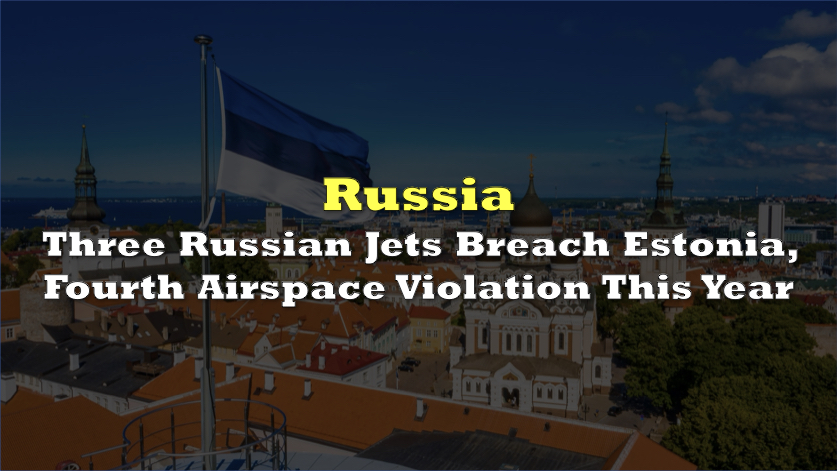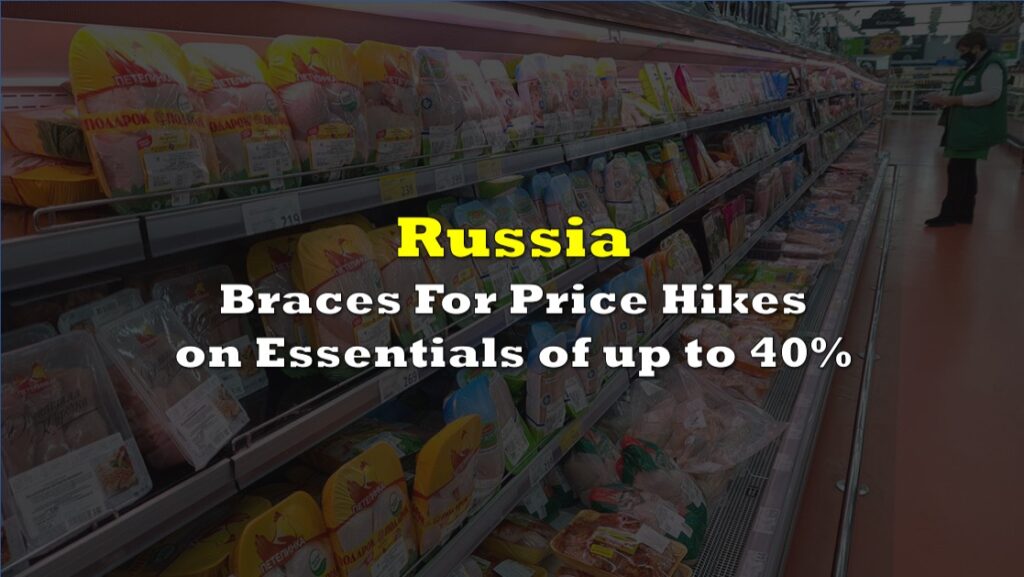EU foreign policy chief Kaja Kallas called Friday’s Russian breach of Estonian airspace “an extremely dangerous provocation” after Tallinn reported three MiG-31s entered near Vaindloo Island and remained for about 12 minutes, a move she said “further escalates tensions in the region.”
Estonia’s Foreign Ministry formally summoned Russia’s chargé d’affaires and lodged a protest, stating the MiG-31s had no flight plans, transponders off, and no two-way radio contact with Estonian ATC during the violation over the Gulf of Finland.
Three Russian MiG-31 jets violated Estonian airspace near Vaindloo Island on 20 September, remaining for 12 minutes without a flight plan or radio contact, according to multiple Western media outlets. Estonia filed a protest note to the Russian embassy. This is the fourth such… pic.twitter.com/LixOK6z45T
— WarTranslated (@wartranslated) September 19, 2025
Foreign Minister Margus Tsahkna called the incursion “unprecedentedly brazen,” adding that Russia’s “testing of boundaries and growing aggressiveness must be met with a swift increase in political and economic pressure.” The ministry says this is the fourth airspace violation in 2025.
The incident follows a string of EU/NATO airspace violations this month, including Russian drones crossing into Poland earlier this month—which prompted Warsaw to invoke NATO Article 4—and a drone detection over Romania last week. Brussels has framed the pattern as intentional probing.
Kallas said on X that the EU stands “in full solidarity with Estonia” and warned that “Putin is testing the West’s resolve.”
“We must not show weakness,” she warned.
Today's violation of Estonia's airspace by Russian military aircraft is an extremely dangerous provocation.
— Kaja Kallas (@kajakallas) September 19, 2025
This marks the third such violation of EU airspace in days and further escalates tensions in the region.
The EU stands in full solidarity with Estonia (1/2)
Her statement came as the European Commission unveiled a 19th Russia sanctions package. European Commission President Ursula von der Leyen outlined measures that propose a full ban on Russian LNG imports by January 2027, expand restrictions to crypto platforms and banks (including some in third countries), add 118 shadow fleet vessels to listings (bringing the total to 560), impose a full transaction ban on Rosneft and Gazprom Neft, and add direct export restrictions affecting 45 companies supplying battlefield tech.
“I now call on the Member States to quickly endorse these new sanctions,” she urged. “We want Russia to leave the battlefield and come to the negotiating table. This is the way to give peace a real chance.”
Information for this briefing was found via The Guardian and the sources mentioned. The author has no securities or affiliations related to this organization. Not a recommendation to buy or sell. Always do additional research and consult a professional before purchasing a security. The author holds no licenses.









